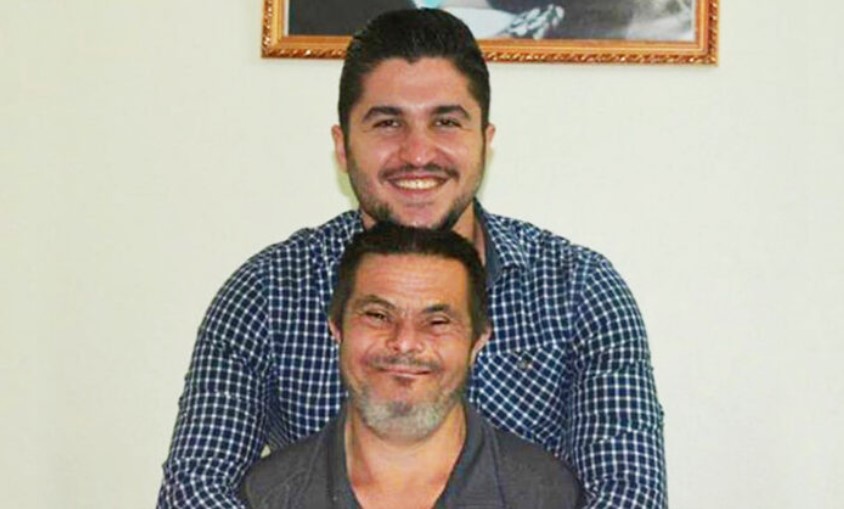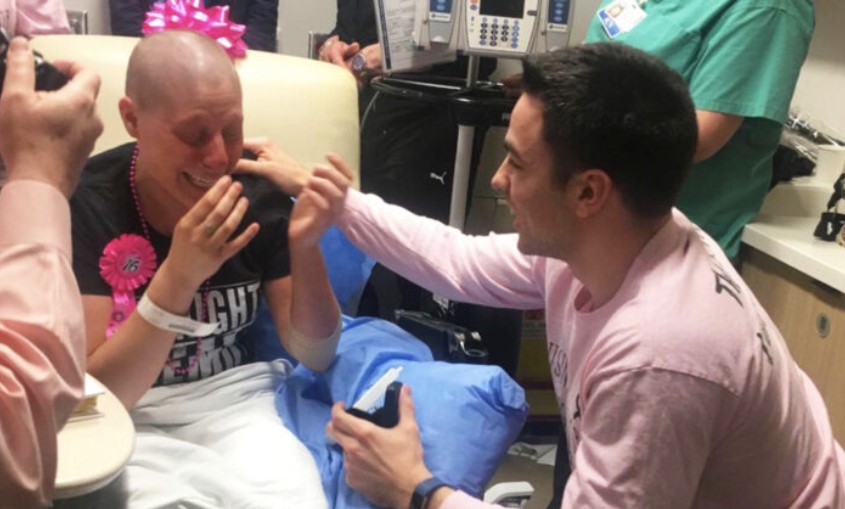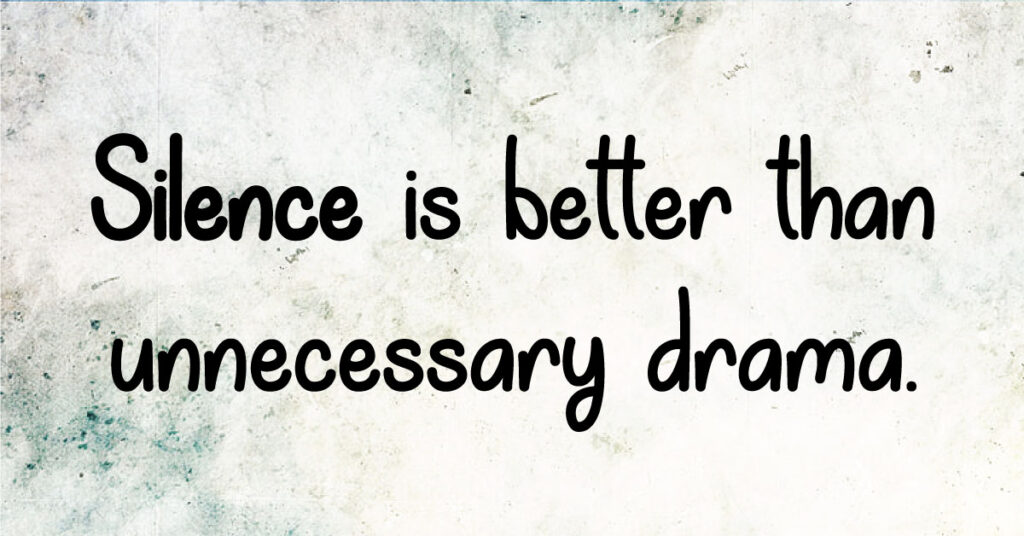Self-confidence refers to how we perceive and value ourselves. It is the belief in our own worth and abilities. Having healthy self-esteem means having a positive sense of self-worth and confidence in our abilities, while low self-esteem can lead to feelings of inadequacy, self-doubt, and insecurity.
Self-confidence is important because it affects so many aspects of our lives. High self-esteem makes us more likely to take risks, pursue our goals, and cope with challenges. We are also more likely to have positive relationships, make healthy choices, and engage in activities that bring us happiness and fulfillment.
Conversely, low self-confidence can have a negative impact on our lives. It can lead to anxiety, depression, and social isolation. It can also cause us to avoid new experiences or opportunities, and negatively affect our relationships with others.
Having healthy self-confidence is essential for our emotional and mental well-being, as well as our ability to thrive in life. It helps us to feel confident, capable, and worthy of love and respect. Recognizing our strengths and accomplishments can build our self-esteem and create a more fulfilling and satisfying life.
If you feel like your self-confidence is down here are 8 ways how to boost it
Challenge negative thought
Negative talk can be a significant barrier to building healthy self-confidence. It’s easy to fall into the trap of self-criticism and doubt, but it’s important to remember that these thoughts are often inaccurate and unhelpful.
One way to challenge negative self-talk is to practice positive affirmations. These can be simple phrases like “I am worthy” or “I am capable,” repeated daily to help retrain your brain toward more positive thinking patterns.
By focusing on positive self-affirmations, you can build a more compassionate and supportive relationship with yourself. Over time, this can boost your confidence and self-confidence, helping you to approach challenges with resilience and a sense of self-assurance.
Celebrate your strengths
It’s common to focus on our mistakes and shortcomings, but it’s equally important to acknowledge and celebrate our accomplishments and strengths. Taking time to reflect on what we’ve achieved can help boost our self-confidence and confidence.
One way to do this is to write down your accomplishments and strengths in a journal or on a list that you can refer to regularly. This can include anything from personal achievements like completing a marathon or finishing a project, to professional successes like getting a promotion or receiving positive feedback.
Reflecting on these accomplishments can help remind us of our abilities, build our confidence, and motivate us to continue striving towards our goals. Celebrating our strengths and accomplishments is a powerful way to cultivate a positive mindset and nurture healthy self-confidence, helping us to lead happier, more fulfilling lives.
Practice self-care
Taking care of our physical, emotional, and mental health is crucial for building healthy self-confidence. When we feel good about ourselves, we are more likely to take care of our bodies and minds.
This can include getting enough sleep, exercising regularly, and eating a healthy diet. Additionally, engaging in hobbies or activities that bring joy and relaxation can help reduce stress and improve our overall well-being.
Whether it’s playing music, painting, hiking, or meditating, finding activities that help us relax and recharge can be an essential part of building healthy self-confidence. Taking care of ourselves also sends a message to others that we value and respect ourselves, which can lead to more positive relationships and interactions.
Set achievable goals
Setting goals is an important part of building healthy self-confidence. However, it’s easy to become overwhelmed when we focus only on the end result. To avoid feeling discouraged, it’s important to break down larger goals into smaller, achievable steps.
This can help us feel a sense of progress and accomplishment along the way, which can boost our confidence and self-confidence. Each time we complete a smaller step, it reinforces our belief in our abilities, making us more likely to continue working towards our goals.
By breaking down our goals and focusing on smaller achievements, we can avoid feeling overwhelmed and build a sense of momentum that makes it easier to stay motivated. Celebrating each achievement, no matter how small can help us build the confidence and self-confidence we need to achieve success in all areas of our lives.
Surround yourself with positivity
The people we surround ourselves with can have a big impact on our self-confidence. When we surround ourselves with positive and supportive individuals, we are more likely to feel valued, respected, and encouraged.
On the other hand, toxic relationships and negative influences can bring us down and damage our self-confidence. It’s important to be mindful of the people in our lives and take steps to distance ourselves from those who bring us down. By surrounding ourselves with people who uplift and encourage us, we can build a strong support system that helps us reach our goals and live fulfilling lives.
Practice gratitude
Gratitude is a powerful tool for building healthy self-confidence. When we focus on the things in our lives that we are grateful for, we shift our attention away from negative thoughts and feelings.
Keeping a gratitude journal can be an effective way to cultivate a sense of appreciation and positivity. Try writing down three things you are grateful for every day, no matter how small they may seem.
This practice can help you shift your mindset toward positivity and increase your overall sense of well-being. Focusing on gratitude can also help boost your self-confidence by reminding you of all that you have to be proud of and thankful for.
Learn new skills
Learning new skills and building competencies can be an excellent way to boost your self-confidence. Whether it’s learning a new language, taking a cooking class, or picking up a new hobby, acquiring new knowledge and abilities can help increase our sense of self-worth and competency.
As we build new skills, we become more confident in our abilities, which can help us in all areas of our lives. This can translate into greater success at work, stronger relationships with others, and overall happiness and fulfillment.
Additionally, learning new skills can provide a sense of purpose and direction, helping us to define our goals and work towards achieving them. By taking classes and learning new skills that we are interested in, we can build healthy self-confidence and lead more fulfilling lives.
Help others
Volunteering and helping others can be a powerful way to boost self-confidence and cultivate a sense of purpose. By contributing to the well-being of others, we can make a meaningful impact on the world around us, which can help us feel good about ourselves and increase our overall sense of self-worth.
Volunteering also provides opportunities for personal growth and development. As we engage with people from different backgrounds and experiences, we can gain new insights and perspectives that help us grow as individuals.
Volunteering can also provide a sense of community and connection, helping us build relationships with others and create a positive impact on the world. Whether it’s working with children, helping animals, or participating in a community service project, volunteering is an important way to build healthy self-confidence and make a positive impact on the world.
Final thought
The rewards of building healthy self-confidence are immeasurable. By cultivating a strong sense of self-worth, we can achieve success in all areas of our lives, foster positive relationships with others, and lead a more fulfilling and satisfying life. Therefore, it’s important to always work towards boosting our self-confidence for a better, brighter








